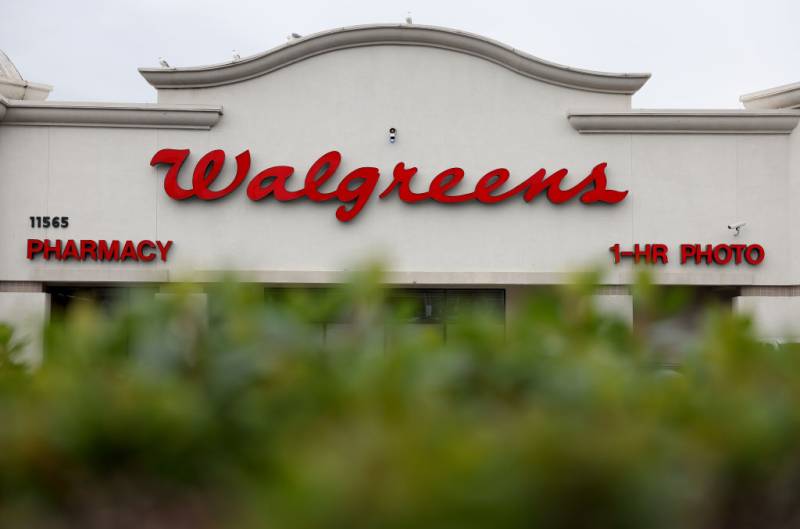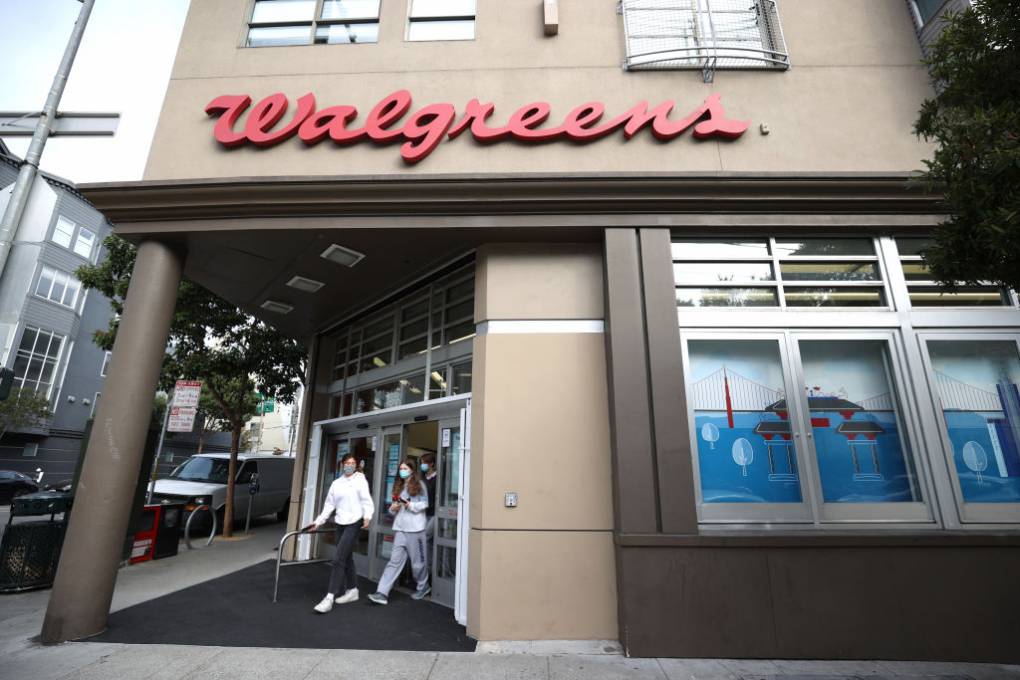“As long as Walgreens is performing for Medicaid beneficiaries as it should, dispensing all legal drugs in a manner that is consistent with permissible pharmacy practice, then I don’t see the basis for excluding them,” said Sara Rosenbaum, professor of health law and policy at George Washington University.
The federal regulations that protect Walgreens are the same that have allowed Planned Parenthood to offer health care services to Medicaid enrollees in conservative states, where leaders have sought unsuccessfully to exclude the network of clinics from receiving taxpayer funding.
An approved pharmacy company can be excluded from state networks only if it has committed fraud or other contract violations, added Edwin Park, a research professor with expertise in Medicaid law at Georgetown University.
“Certainly, that wouldn’t be the case for Walgreens,” Park said.
It’s unclear whether Newsom was aware of how difficult it would be for California to unwind its Medi-Cal provider agreement with Walgreens, said Daniel Schnur, a Republican-turned-independent strategist who also teaches political science at the University of Southern California.
“The original announcement sounded like a seminal step for the state of California to take on principle, even at great financial expense,” Schnur said. “They’ve quietly backed away.”
Through a records request, KHN learned the state paid Walgreens $1.5 billion last year to buy and dispense prescriptions to Medi-Cal enrollees. The bulk of the payment, $1.4 billion, reimbursed Walgreens for the prescriptions it distributed. And the remaining $123 million went to dispensing fees, a payment to pharmacists for each prescription they fill. The federal government covers at least half the state’s payments, which are also offset by rebates from drug manufacturers.
A Walgreens spokesperson declined to comment on its business with California, referring to the same statement it issued in March: “Providing legally approved medications to patients is what pharmacies do, and is rooted in our commitment to the communities in which we operate.”
Walgreens said it plans to dispense mifepristone “in any jurisdiction where it is legally permissible to do so.” The company was responding to an FDA rule finalized in January that allows certified pharmacies to dispense the abortion pill, which is the most common way people terminate pregnancies. Walgreens isn’t proposing to limit abortion pill sales in California or other states where abortion is legal and pharmacies are allowed to dispense it.
Democrats have urged pharmacy chains to sell the abortion pill (PDF) even as GOP attorneys general threaten legal action. But many, including Walmart, Costco, Albertsons and Health Mart, have not waded into the fight. Only Rite Aid and CVS have said they plan to begin certification to dispense the pills.
Had Newsom been able to sever Medi-Cal’s relationship with Walgreens, he would have contradicted one of his signature health initiatives: When he took office in 2019, Newsom proposed the state take over prescription drug coverage for Medi-Cal patients, many of whom had been covered through managed-care plans.
Part of Newsom’s pitch: Patients could go to nearly any pharmacy in California.
California Healthline is a service of the California Health Care Foundation produced by Kaiser Health News.

